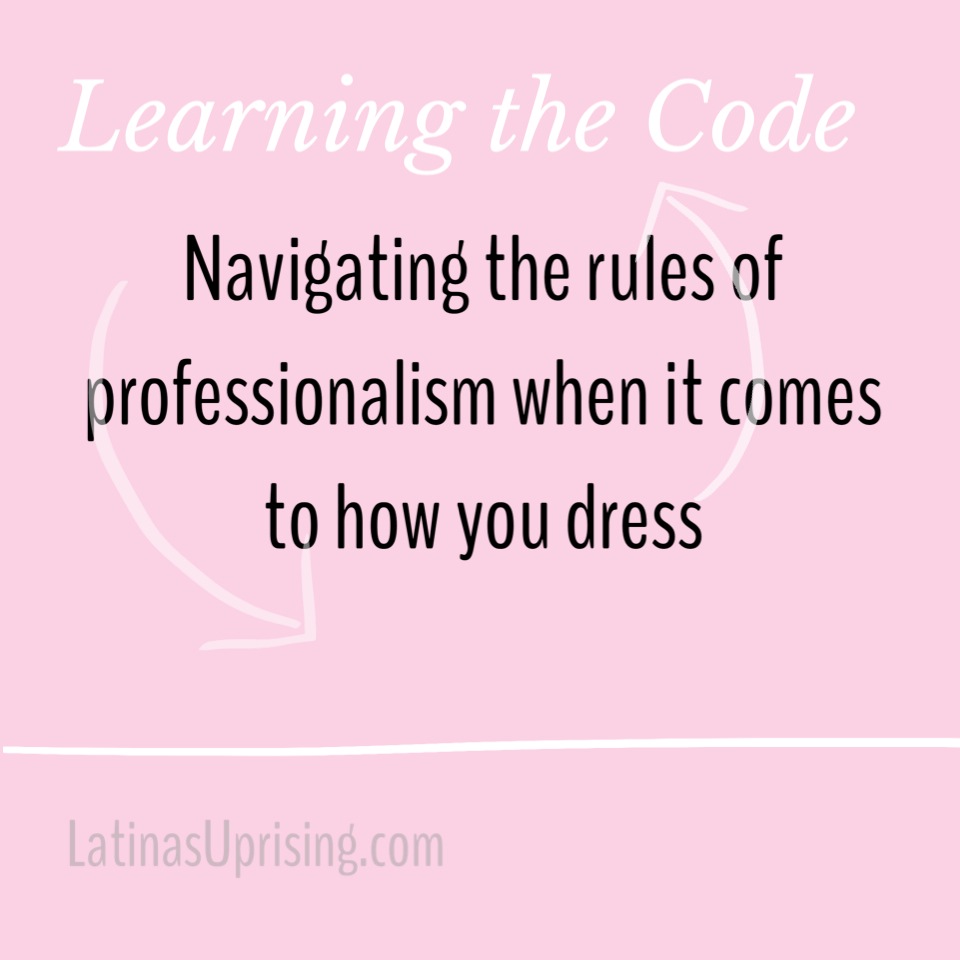When to Take a Compliment and When to Take a Hint
When you first entered the world of law, did everything feel normal and natural? For most, it takes time getting used to working in this profession, partially because we have to learn how to navigate the ins-and-outs of appropriate professional etiquette and customs. All systems of power create these procedures and social norms as a way to distinguish themselves from others. The legal community is no different in that it has imposed high standards of professionalism and business etiquette. If you didn’t grow up with parents or a close network that also abides by these standards then often it’s going to take a lot of trial and error before you feel like you belong and are accepted. Unfortunately, knowing what it takes to get accepted isn’t always obvious, logical, or easy. For example, the first time you attended a business dinner, did you instinctively know what silverware to use? Did you know how to position your napkin when you finished eating? Maybe some of us did because we grew up in households that taught us these customs. But most of us didn’t. Most of us probably sat through a seminar in college that taught us these tricks. Outside of handling silverware, there are so many things—big and small—that one must learn in order to be accepted into this system.
One of the big things is how you dress. Essentially, everyone has to abide by the basic rules of dress: clean, conservative, and an appropriate fit. It seems easy to follow, but sometimes, without even knowing it, we cross the line. We may take fashion risks that didn’t seem that risky pre-law school, or wear something that accentuates our features a little too much, and perhaps too late, we realize it may not be the most appropriate attire for a legal setting. When I was still a student, I interned with someone who wore the highest heels and very tight skirts. She did a fine job, but the looks she wore were a huge misstep. By not matching the office culture she seemed naïve and inexperienced (i.e. not professional) because she couldn’t pick up the clues of appropriate attire. I heard people snicker behind her back, and others tried to give huge hints to no avail.
Seeing this made me very conscious about what I wear to work and more than anything, it made me vigilant about not wearing anything that was too fitted or low-cut (regardless of how good I thought I looked in it). At my current job, the rules are fast and loose, but there is still a line for what’s appropriate. So now if I am given a comment about my clothing and it’s not an obvious simple compliment (i.e. I like your shirt); I may re-assess what I’m wearing to see if it’s appropriate. I ask myself: is this article made for work; does it fit me; is it revealing? If the answers are yes, yes, no—I move on, but if I took too much of a fashion risk (much easier to do in my work-setting) then I may retire the piece or alter how I wear it to work.
Of course, most comments are innocuous and don’t have some super-secret code behind them. However, if you’re receiving a lot of comments about your appearance or attire, there’s no harm in re-assessing to see if you’re “up to code.” It may be frustrating that you’re being pushed to change how you dress, but it’s a reality that women are judged by our appearances. How we look and present ourselves does affect our career. It is also a reality that being a lawyer means that in most areas of practice we’re expected to learn and abide by high standards of etiquette and professionalism, which in this case includes conservative attire.

